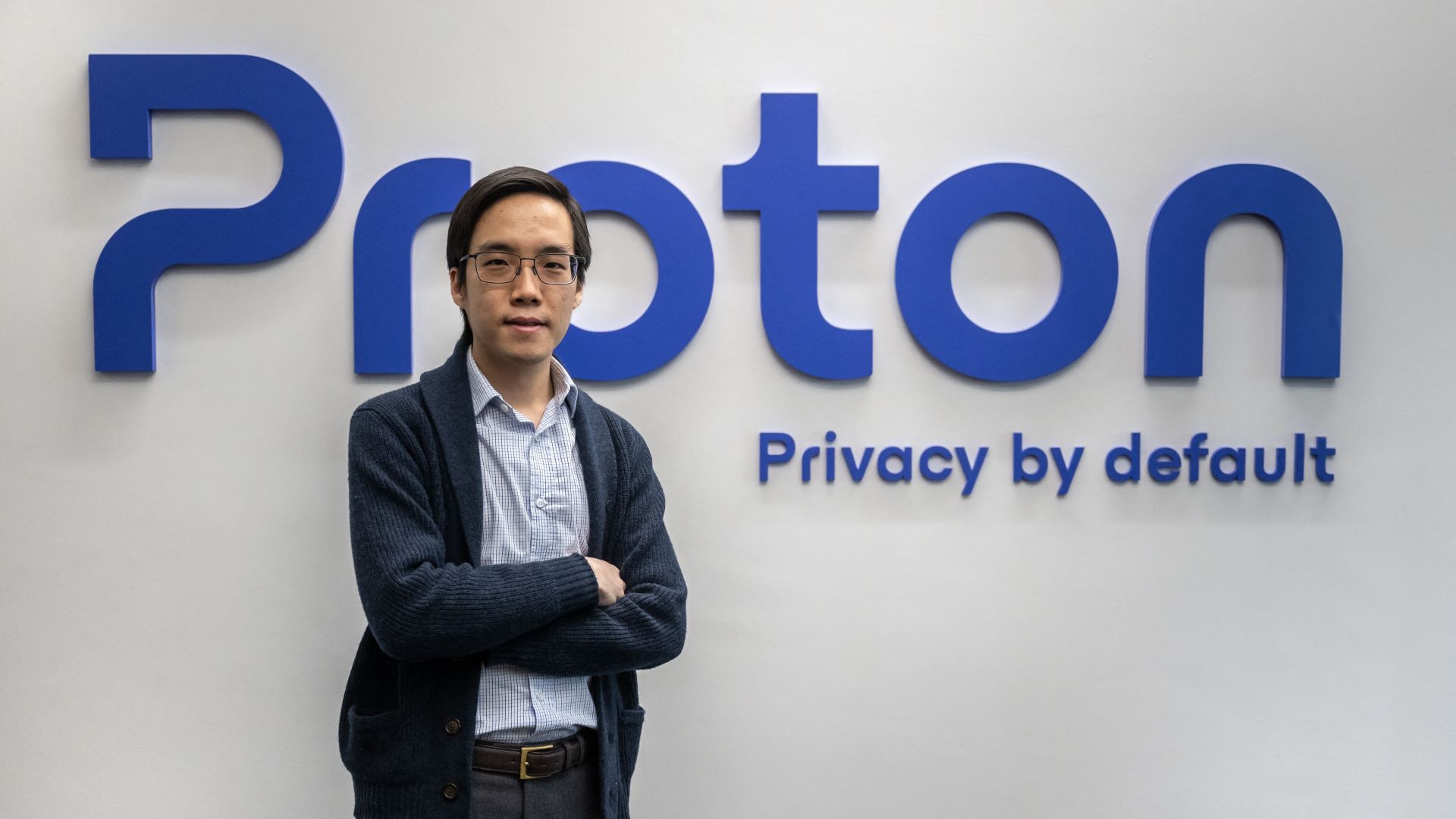Google confirms more ads on your paid YouTube Premium Lite soon
-
WTF is Premium Lite?
Premium but without the music. And with ads apparently.
-
This post did not contain any content.
No; I don't think there will be.
-
This post did not contain any content.
Christ, premium light is still fucking 8 dollars a month and you don't even get rid of ads. The greed is fucking astounding.
I'll stick to an adblocker, dickheads.
-
WTF is Premium Lite?
I guess it’s their “pay for ads” tier which sounds fucking stupid to me.
-
Youtube already has music.
Just pick your song and listen to it...
I remember when YouTube Music first came out it was pretty much just the audio from the videos in the most atrocious quality. Has it changed since then?
-
Youtube already has music.
Just pick your song and listen to it...
YouTube music is better than music on youtube, particularly for people with slow or capped internet.
-
WTF is Premium Lite?
It's Premium, but not really.
-
YouTube music is better than music on youtube, particularly for people with slow or capped internet.
How? I use my phone for internet and don't have any issues.
-
This post did not contain any content.
Isn’t this because the music industry insisted on taking a cut of all YouTube shorts revenue? Like even if their songs aren’t getting played, they still rake in money from views.
-
How? I use my phone for internet and don't have any issues.
You're not necessarily streaming video on YT music, just audio.
-
This is literately the equivalent of cable.
No, it's worse. With a cable DVR you can skip all commercials.
-
WTF is Premium Lite?
Premium Sike.
-
This post did not contain any content.
Or, and hear me out: just install a browser plugin and forget ads exist.
I hesitate to name extensions names, but I’ve literally never seen an ad on YouTube.
These companies don’t respect us, so I don’t feel the need to respect them by allowing them to force their meaningless bullshit down my throat.
I don’t use it that much, but you better believe if I go to YouTube to watch a video, that video is the only thing I’m watching.
-
This post did not contain any content.
I feel like youtube is losing sight of why users are paying for the service then.
To me, personally, youtube is useful enough that I will keep paying to remove ads entirely (in combination with ublock). That being said, there will come a time when the value proposition is no longer balanced. Then I will stop paying, and probably stop using it as well.
But as always with Google, I question whether their motive is to kill another service. They're very competent at that specific thing.
-
I feel like youtube is losing sight of why users are paying for the service then.
To me, personally, youtube is useful enough that I will keep paying to remove ads entirely (in combination with ublock). That being said, there will come a time when the value proposition is no longer balanced. Then I will stop paying, and probably stop using it as well.
But as always with Google, I question whether their motive is to kill another service. They're very competent at that specific thing.
They just want users who are paying full freight as they know the ad business is in step decline.
-
Christ, premium light is still fucking 8 dollars a month and you don't even get rid of ads. The greed is fucking astounding.
I'll stick to an adblocker, dickheads.
Newpipe is all I have. I signed up for a couple creators patreon to support those I really like. Fuck Google. They are here for the investors bottom line not our shit. But people just want their shit and it perpetuates this behavior. My friend said he pays to support the creators he likes. He supports the giant corporation holding these creators ransom. Just send them money directly. Use new pipe or whatever. Quit supporting this shit and let the whole thing die until we realize there has to be a better way.
-
No, it's worse. With a cable DVR you can skip all commercials.
DVR is the equivalent of having a yt-dlp frontend that includes SponsorBlock.
-
This post did not contain any content.
Revanced, newpipe, grayjay, it's all I need thank you.
-
How? I use my phone for internet and don't have any issues.
In the time it takes for a video to even show up, I can have a song playing with a playlist behind it. One video is the same amount of data as many songs.
My phone is my home internet and is often under 100KB/s, even at 240p YouTube takes way longer than YouTube music.
-
Premium but without the music. And with ads apparently.
Before this change it was with ads for music content.







